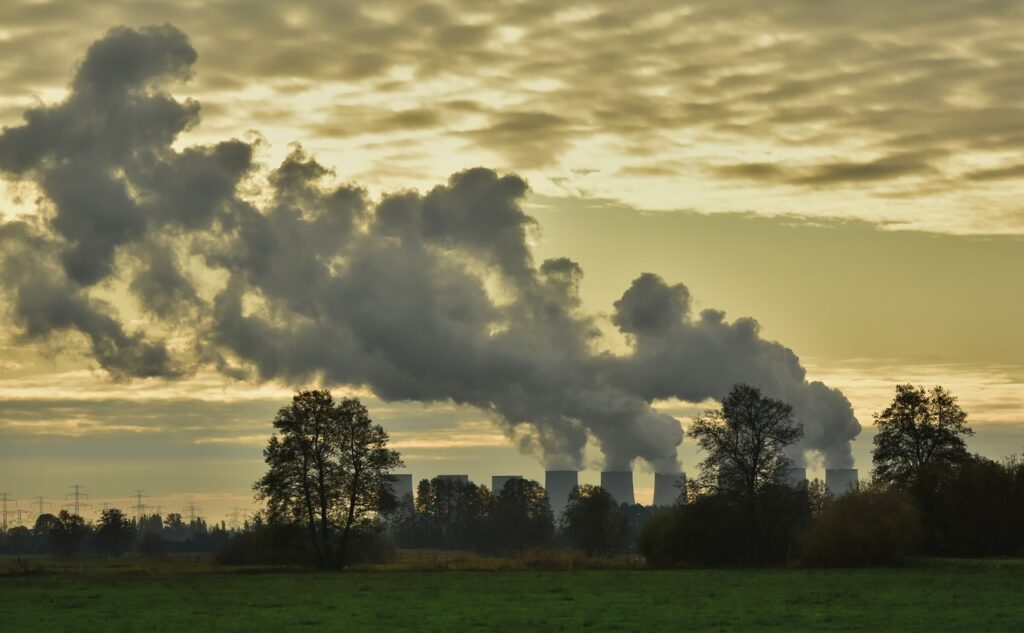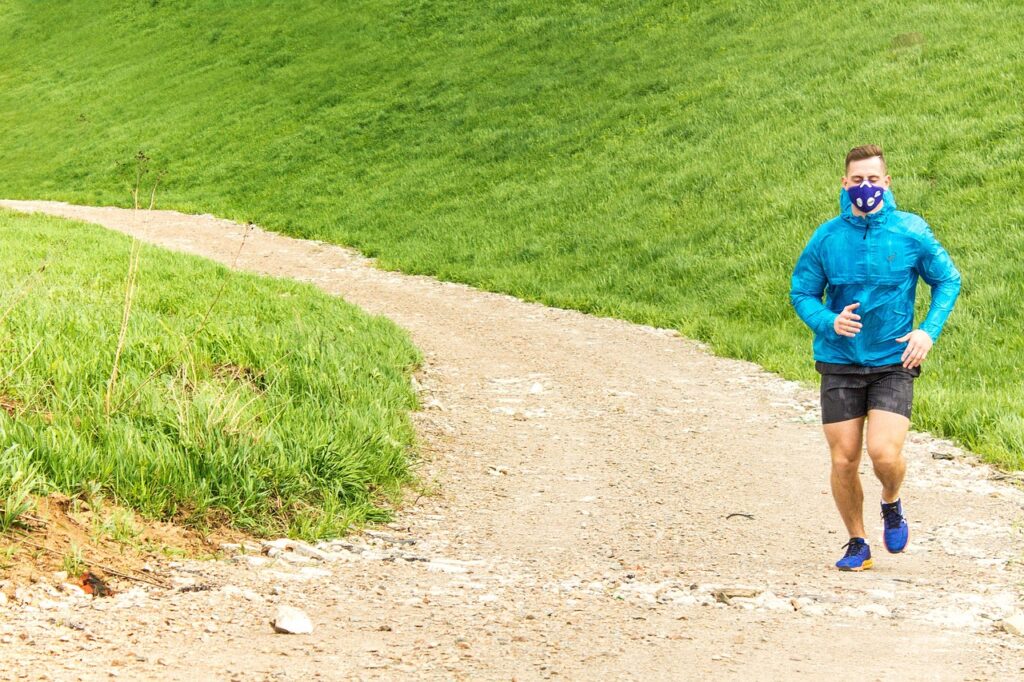The air we breathe, once considered an unlimited and precious resource, has become a silent battleground. Air pollution has emerged as one of the biggest global challenges, transcending borders and affecting the health of billions of people. From the smoke-filled cities of Asia to the smoke-filled skies of North America from wildfires, no corner of the planet is untouched.
This invisible enemy doesn’t just steal our breath; it costs us lives, ecosystems, and economic stability. According to the World Health Organization, more than 99% of the world’s population breathes air above safe pollution levels, killing millions of people each year. Yet, despite its devastating damage, air pollution often hides behind more visible environmental crises.
In this blog, we’ll explore the multifaceted nature of air pollution—its causes, consequences, and the collective efforts needed to reclaim the air we share. This is a call not just for governments and industries but for every individual to join the fight for a cleaner, healthier future. After all, the air we protect today is the air we breathe tomorrow.

Causes of Air Pollution and Its Impact on Living Beings
Air pollution is generated by a variety of human and natural activities, all of which contribute to the deterioration of air quality, posing serious risks to living beings. The primary culprits include the burning of fossil fuels for energy, transportation, and industrial processes. Emissions from coal, oil, and gas release harmful pollutants such as carbon monoxide, sulfur dioxide, and nitrogen oxides into the atmosphere.
Agricultural activities also play a significant role, with livestock producing methane – a potent greenhouse gas – and the use of chemical fertilizers releasing ammonia. Additionally, deforestation, often for urbanization or agriculture, reduces the natural filtration of the air, increasing pollution levels.
Natural phenomena such as volcanic eruptions, forest fires, and dust storms add to the burden, although human-induced climate change has increased their frequency and severity.
For living beings, the consequences are dire. Long-term exposure to polluted air leads to respiratory and cardiovascular diseases, weakened immune systems, and stunted growth in children. Disruption of ecosystems harms wildlife, acid rain and toxic air harm both plants and animals.
Air pollution does not discriminate; it endangers all forms of life, so its mitigation is a shared responsibility for the survival of our planet.
How to Push Governments to Act Against Air Pollution
Governments play a key role in addressing air pollution through policies, regulations, and international cooperation. Citizens can actively motivate them to take meaningful action by leveraging collective power and advocacy. Here’s how:
1. Raise public awareness:
Educate people about the dire consequences of air pollution on health, ecosystems and the economy. When the public understands its urgency, they are more likely to demand change. Use social media, community events, and campaigns to amplify the message.
2. Engage in mass advocacy:
Join or support environmental organizations campaigning for clean air. Mass movements such as marches, petitions and demonstrations highlight public concern and put pressure on policymakers to act.
3. Demand stronger laws and policies:
Press for stricter emissions standards for industries and vehicles, renewable energy incentives, and polluter penalties. Write to elected representatives, attend public meetings and participate in consultations to voice concerns.
4. Leverage technology and data:
Use scientific research and data to highlight pollution hotspots and their impacts. Crowdsourced data from pollution monitoring apps can reveal areas needing urgent government intervention.
5. Support environmentally friendly leaders:
Elect leaders committed to tackling air pollution and environmental protection. Hold them accountable for their promises and demand progress reports on their efforts.
6. Pressure through economic influence:
Boycott products and companies contributing to pollution and support businesses promoting sustainable practices. Economic changes can force governments to reconsider policies.
7. Promote global cooperation:
Advocate for international agreements, such as the Paris Climate Agreement, ensuring that nations collectively address cross-border air pollution and climate change.
By uniting voices and taking action, we can make it politically and socially impossible for governments to ignore their responsibility to protect our planet and its air.

How Humans Can Help To Stop Air Pollution
Tackling air pollution requires collective action at the individual, community and government levels. While systemic changes are important, individual efforts can significantly contribute to cleaner air and a healthier planet.
1. Reduce reliance on fossil fuels:
Opt for renewable energy sources such as solar and wind power for homes and businesses. Switching to energy-efficient appliances and reducing electricity consumption can also reduce emissions. Using public transport, carpooling, biking or walking instead of driving a personal vehicle reduces the burning of fossil fuels.
2. Adopt sustainable practices:
Support local and organic farming to reduce emissions from industrial agriculture. Reduce, reuse and recycle to reduce waste sent to landfills, which emit methane when they decompose. Opt for eco-friendly products with minimal packaging.
3. Greening urban spaces:
Planting trees and maintaining green spaces can help absorb carbon dioxide and pollutants while releasing oxygen. Supporting reforestation and afforestation projects ensures cleaner air in the long run.
4. Advocate for clean energy policies:
Advocate for strict regulation on industrial emissions and support policies that promote renewable energy and clean transportation systems.
5. Reduce household pollution:
Avoid burning trash, plastic, or wood, which releases toxic smoke. Use energy-efficient stoves and heaters to reduce indoor pollution.
6. Raise awareness and educate:
Educating communities about the dangers of air pollution and ways to reduce it encourages wider participation in sustainable practices. Each individual can play a role in reducing air pollution by making conscious choices such as consuming less, conserving energy, and supporting environmentally friendly policies. Our collective efforts can inspire larger systemic changes, paving the way for a cleaner, healthier environment for future generations. Air is a shared resource; protecting it is a shared responsibility.




Thanks I have recently been looking for info about this subject for a while and yours is the greatest I have discovered so far However what in regards to the bottom line Are you certain in regards to the supply
“I’m really glad you found the article helpful! 🙂 I always try to make sure the information I share is based on reliable sources and updated references. That said, I completely understand your concern about accuracy. Could you let me know which part you’d like more clarification on? I’d be happy to share the source or dig deeper for you.”
Its like you read my mind You appear to know a lot about this like you wrote the book in it or something I think that you could do with some pics to drive the message home a little bit but instead of that this is fantastic blog An excellent read I will certainly be back
Thank you so much for the kind words! 😊 I’m really glad you enjoyed reading the post. That’s a great suggestion about adding more pictures — visuals do make the content more engaging, and I’ll definitely keep that in mind for future updates. Looking forward to having you back on the blog!
Hi Neat post Theres an issue together with your web site in internet explorer may test this IE still is the marketplace chief and a good component of people will pass over your fantastic writing due to this problem
Thanks a lot for pointing that out! 🙏 I’ll definitely look into the Internet Explorer issue and try to get it fixed. Really appreciate your feedback — it helps me make the blog better for everyone.
Its like you read my mind You appear to know so much about this like you wrote the book in it or something I think that you can do with a few pics to drive the message home a little bit but other than that this is fantastic blog A great read Ill certainly be back
Your writing is like a breath of fresh air in the often stale world of online content. Your unique perspective and engaging style set you apart from the crowd. Thank you for sharing your talents with us.
What i do not understood is in truth how you are not actually a lot more smartlyliked than you may be now You are very intelligent You realize therefore significantly in the case of this topic produced me individually imagine it from numerous numerous angles Its like men and women dont seem to be fascinated until it is one thing to do with Woman gaga Your own stuffs nice All the time care for it up
Thank you so much for such a kind and encouraging comment! 🙏 I really appreciate your perspective, and it means a lot that the post made you think about the topic from different angles. I’ll definitely keep working on creating content that’s engaging and meaningful. Your support really motivates me!
Hi i think that i saw you visited my web site thus i came to Return the favore Im attempting to find things to enhance my siteI suppose its ok to use a few of your ideas
Hi Neat post Theres an issue together with your web site in internet explorer may test this IE still is the marketplace chief and a good component of people will pass over your fantastic writing due to this problem
Pingback: Human Animal Conflict: Stray Dog Human Interactions in Delhi bugsandglitch.com
Pingback: Eco Friendly Habits to Reduce Carbon Footprint at Home